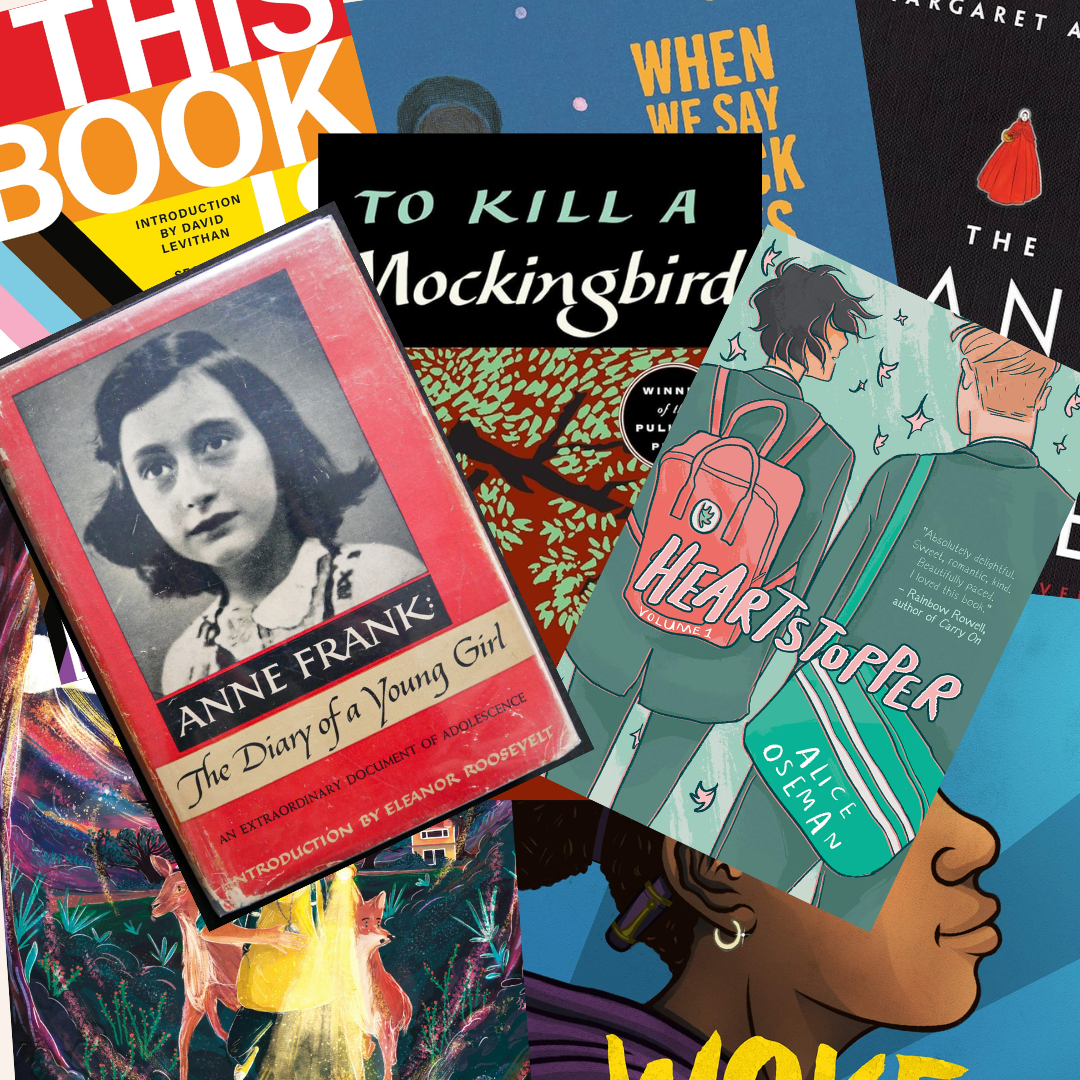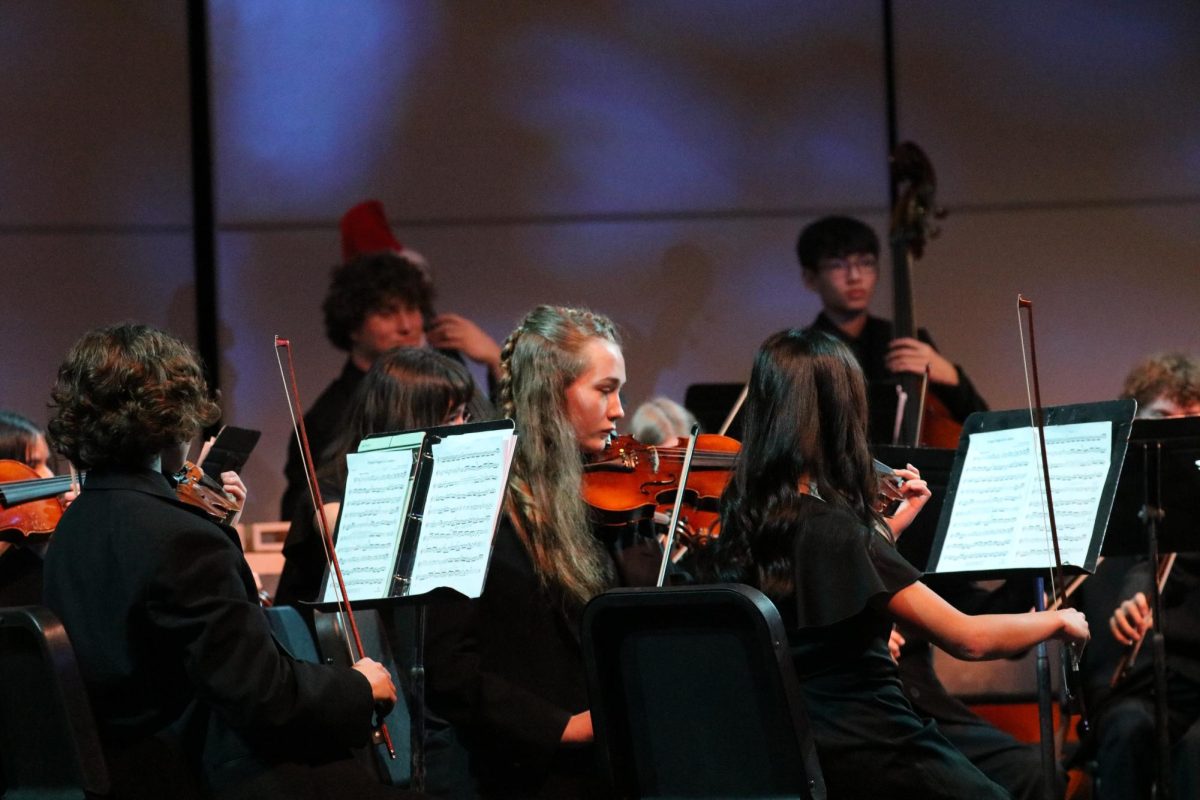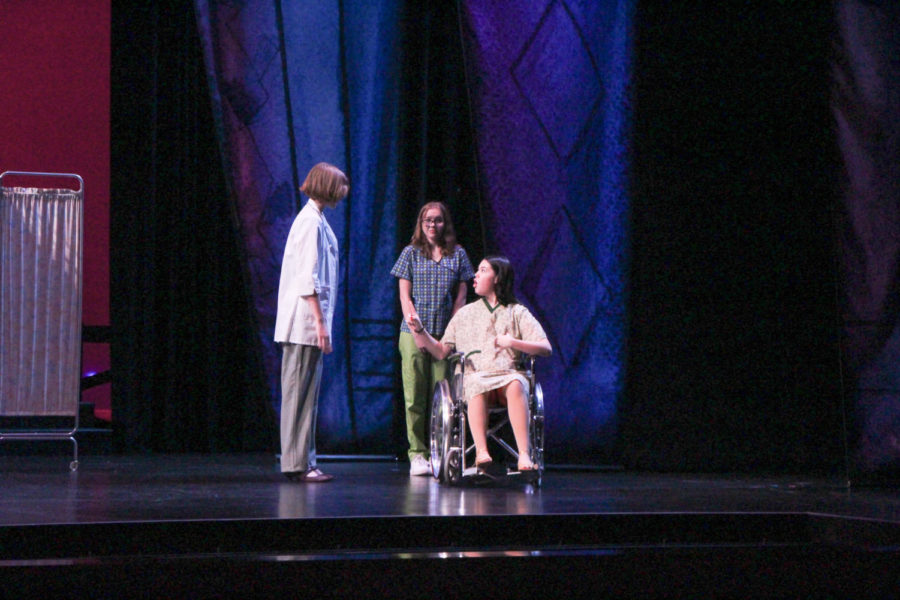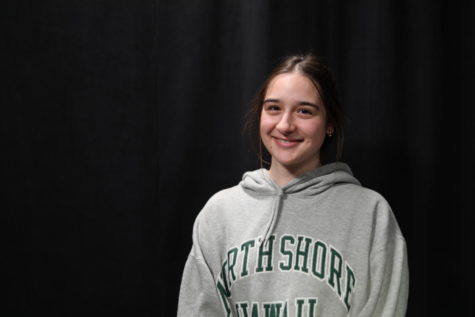
It has been almost four years since the death of George Floyd and the spark of the Black Lives Matter movement in 2020. His death, along with others like Breonna Taylor, Tamir Rice, and Trayvon Martin, caused riots in person and on social media, calling for justice to oppose police brutality against people of color.
“All Rise” focuses on the personal aftermath through the perspective of family members after losing their son to police brutality. The play takes the perspectives of the parents, siblings, and the lawyer taking the case. The play leaves the audience with the question: how will individuals stand up against police brutality in their community?
“All Rise” is written by Evan McCreary, 2023 West Linn alum. McCreary initially wrote the play for his final in his playwriting class, and turned it into a live-action performance for “Shorts,” an annual student production of two short plays performed at the end of the school year.
The play has recently started to host live readings and development alongside Dr. S. Renne Mitchell, a self titled Creative Revolutionist to uplift black voices in the community. She’s worked as a columnist for The Oregonian, and has two nominations for the Pulitzer Prize. Together, they’re planning to produce and show the play across the Pacific Northwest and parts of Canada.
The play opens with the unnamed son in the moments before his death, with a narrator on the side of the stage to tell his story. The scene then changes to a courtroom, with the parents and lawyer on the left, and the defense council for the policeman on the right. The lawyer calls for more time on the case and has a judge grant them an extension.
From here, the scenes transfer from the in-home perspectives of a grieving mother, simultaneously planning a funeral and gathering evidence for trial. The father is also silently grieving while attempting to keep his job and support his family through their grievances. Additionally, the daughters are struggling to grasp the loss of their brother and deal with going back to school, all while the press is harassing them.
The play is set over a year and echoes the “trend,” as McCreary wrote, of what was the Black Lives Matter movement in 2020. The mention of the silence of names, and commenting back on how social media only cares for a short while during a time when more people of color became victims. This paints the reality that has seemed to fade away with the next trend.
The dialogue throughout the story showcases the grief in the characters not only through their voice cracks and tears, but through difficult questions about what life after death means. These questions were for those who have passed and those who are living.
One of the greatest attributes of the play is the annunciation of each character and their role in this specific story. McCreary has written these characters to be human, with flaws and features of what it means to survive after loss.
The strongest point in the play is the final scene, with a plot twist deriving the whole play from where the plot was originally heading, but rather stopping it to make the audience a part of the play. This final scene is so powerful and crucial in involving the audience with the question: what will you do about police brutality?
As a whole, “All Rise” is a generational masterpiece, incorporating the important aspects of what this generation faces when it comes to the Black Lives Matter movement, such as subtle mentions of elections and political standings throughout the play.
However, it is phenomenal at creating a broad view of what it looks like, with the unnamed murdered boy and very broad descriptions of the setting itself. As McCreary had stated after the live reading, he wanted to make the characters and the stories feel adaptable and realistic to people we might know, or fill those written roles. “All Rise” is a must-see play to gain a better understanding of what Black Lives Matter is about, and to learn ways to rise up in the community.


![Reaching out. Christopher Lesh, student at Central Catholic High School, serves ice cream during the event on March 2, 2025, at the Portland waterfront. Central Catholic was just one of the schools that sent student volunteers out to cook, prepare, dish, and serve food. Interact club’s co-president Rachel Gerber, junior, plated the food during the event. “I like how direct the contact is,” Gerber said. “You’re there [and] you’re just doing something good. It’s simple, it’s easy, you can feel good about it.”](https://wlhsnow.com/wp-content/uploads/2025/03/interact-1-edited-1200x744.jpg)




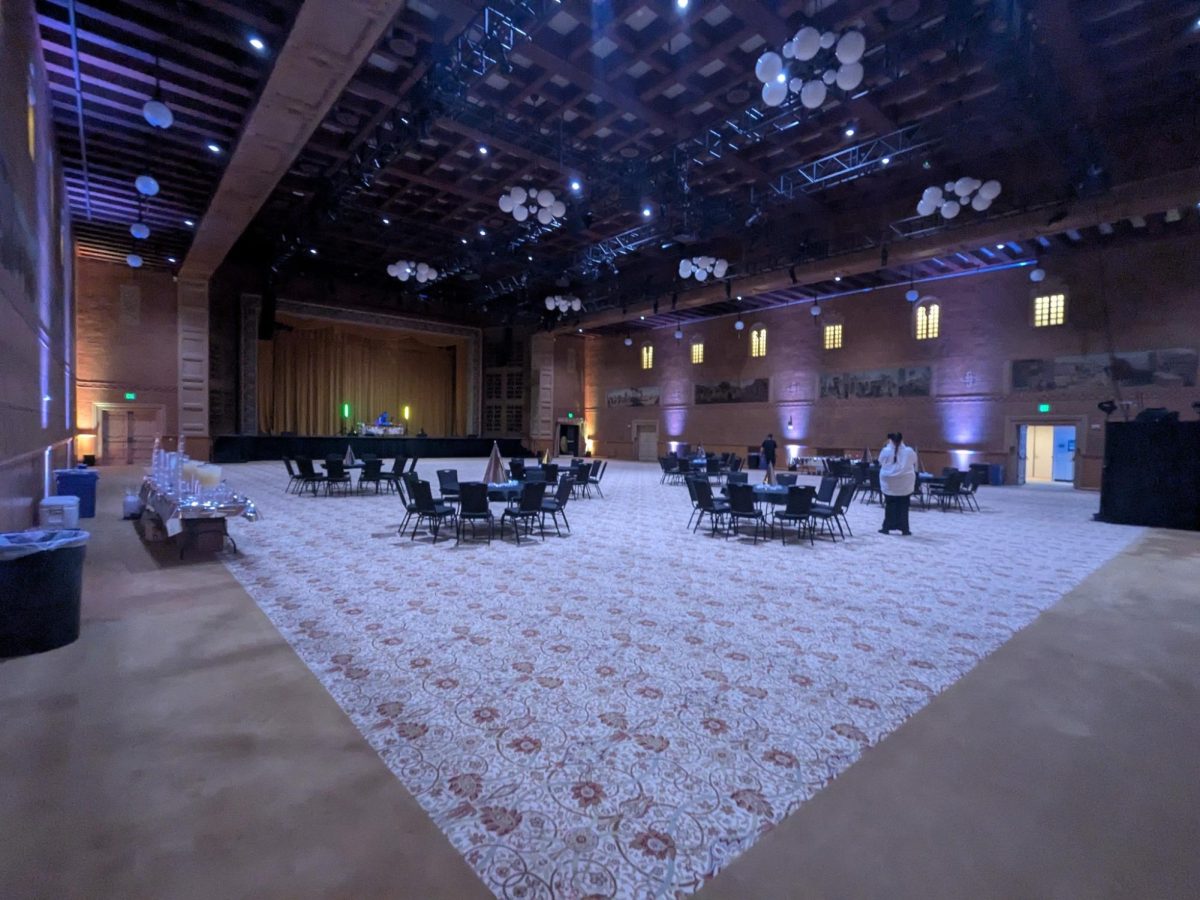


















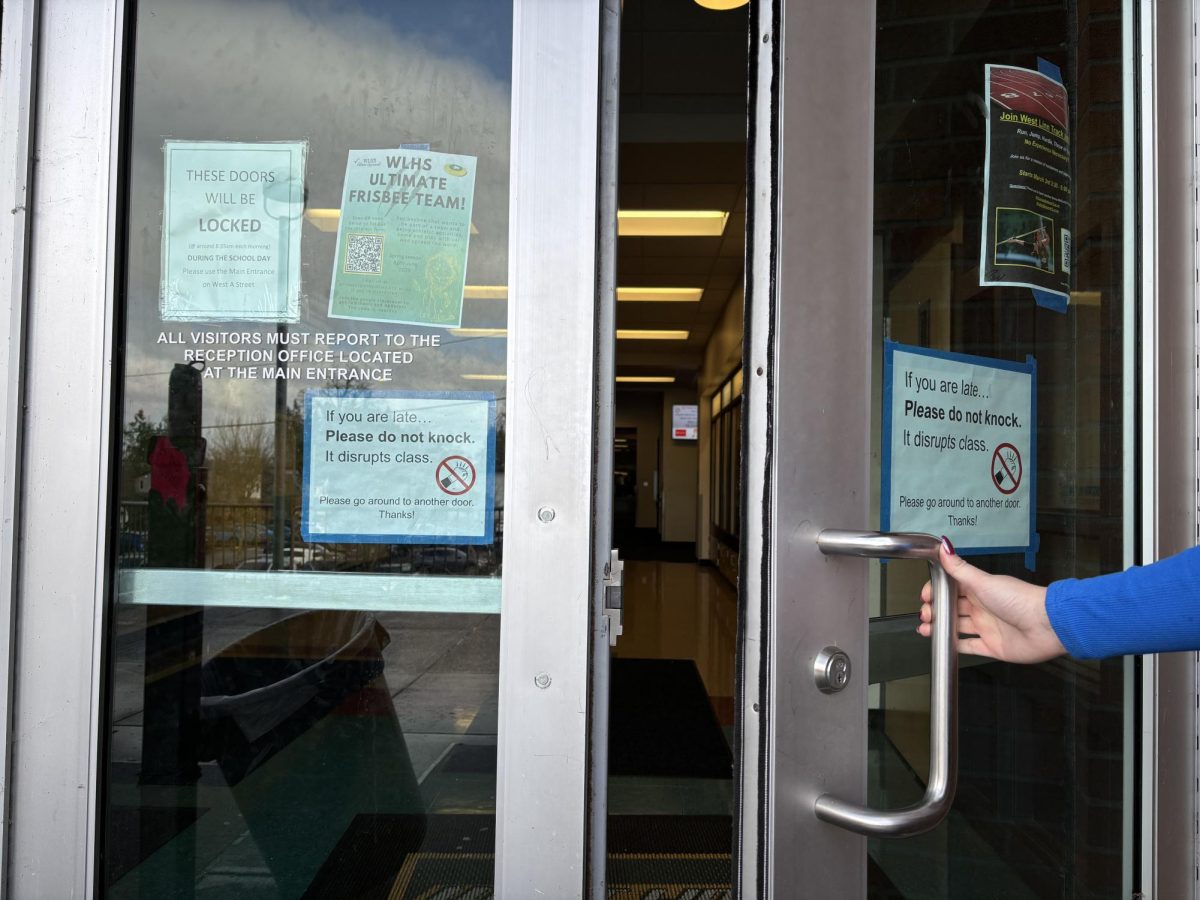
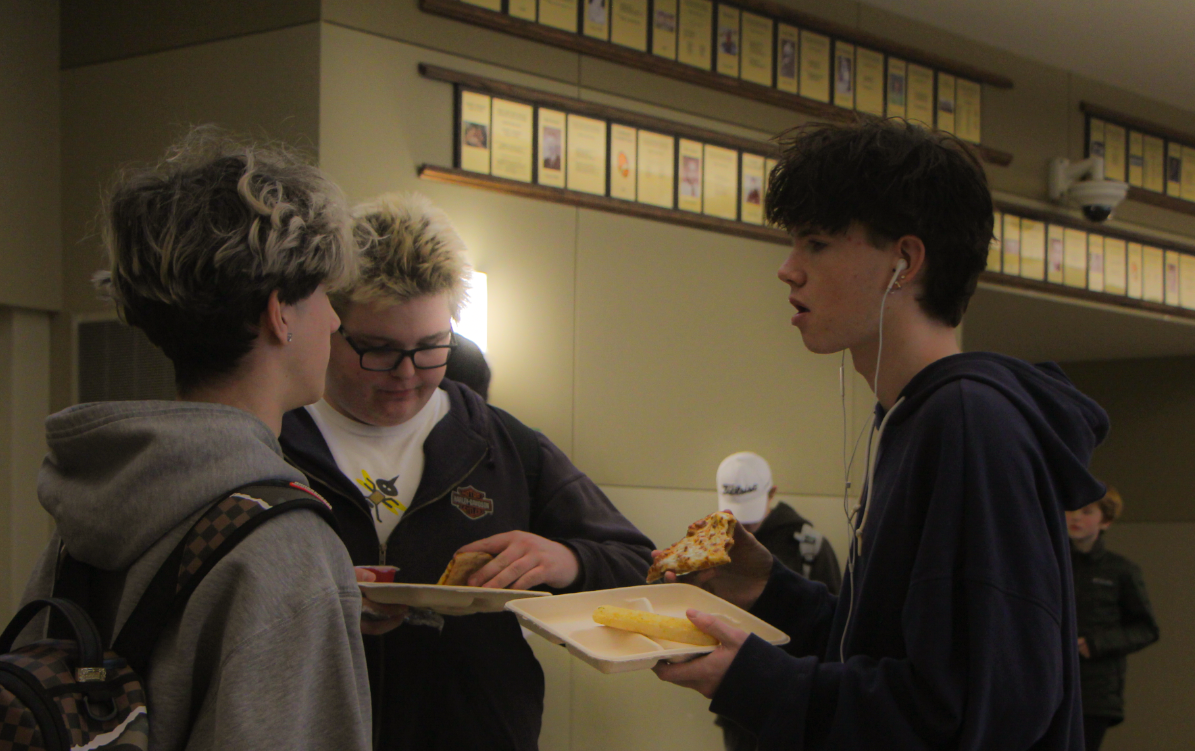


















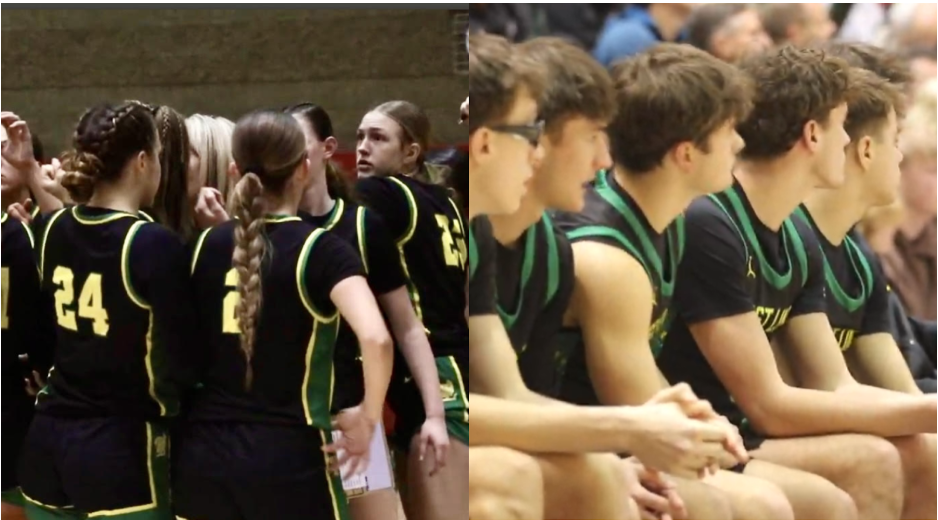
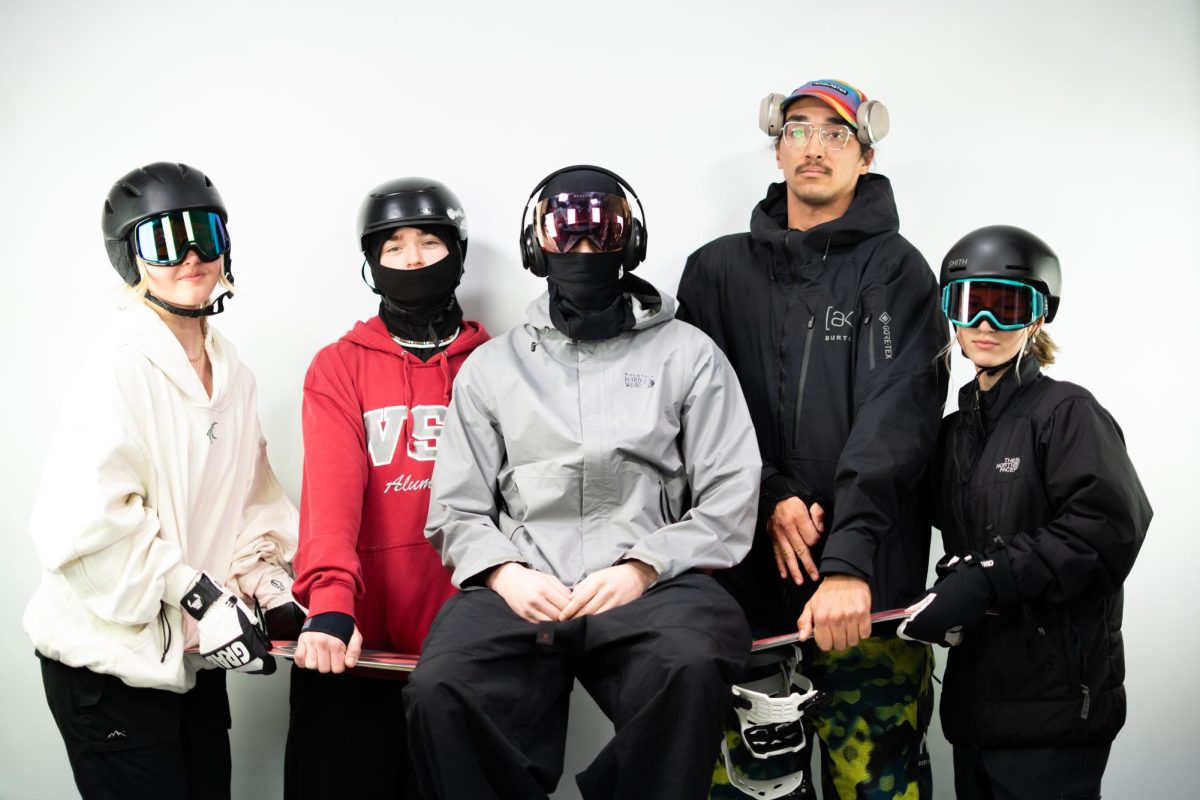

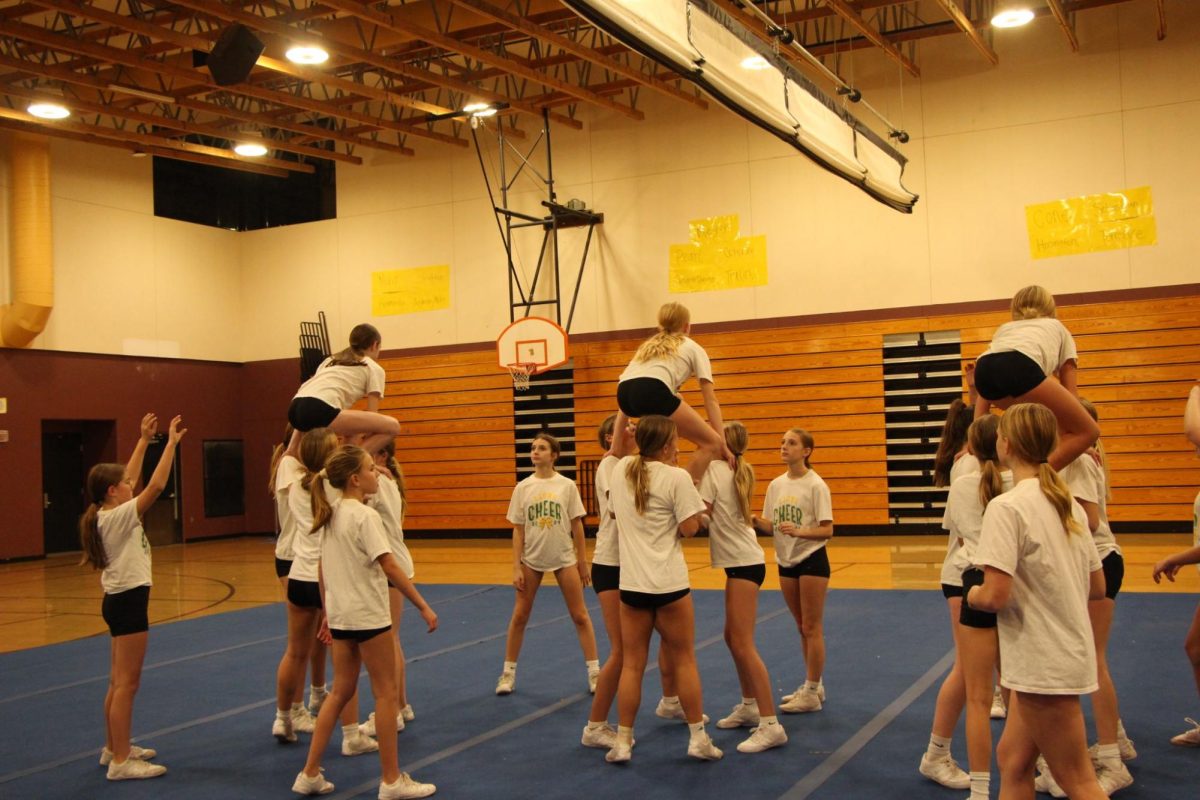














![At the bottom of the third inning, the Lions are still scoreless. Rowe stands at home plate, preparing to bat, while Vandenbrink stands off to the side as the next batter up. Despite having the bases loaded, the team was unable to score any runs. “It’s just the beginning of the season. We’re just going to be playing out best by June, [and] that’s where champions are,” Rowe said.](https://wlhsnow.com/wp-content/uploads/2024/03/IMG_3077-1200x900.jpg)




